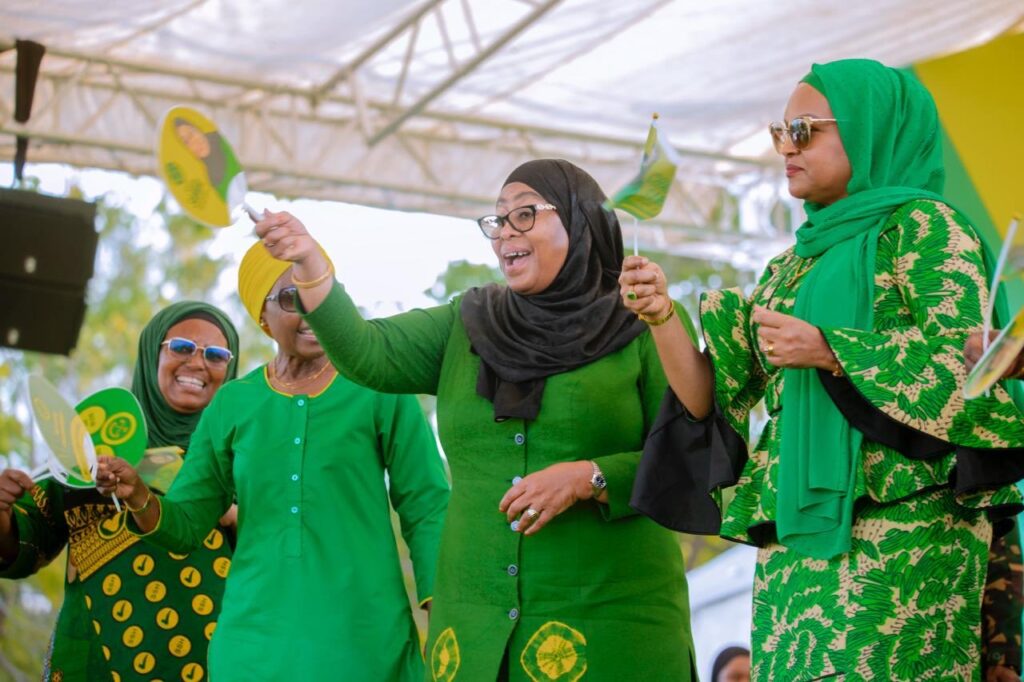As Tanzanians head to the polls this Wednesday, few expect surprises. With major opposition figures barred, disqualified, or detained, many voters believe the election is less a contest and more a coronation for President Samia Suluhu Hassan the nation’s first female leader.
Samia, 65, took office in 2021 following the death of President John Magufuli. Initially celebrated for her softer tone and reformist agenda, she introduced her “Four Rs” policy reconciliation, resilience, reform, and rebuilding which restored Tanzania’s relations with international institutions like the World Bank and IMF.
However, analysts say that the optimism that marked her early days has faded. Over the past two years, the political space has reportedly narrowed, with allegations of abductions, repression, and intimidation of government critics. Freedom House downgraded Tanzania’s rating from “partly free” in 2020 to “not free” in 2024.
“The ruling CCM party’s control, exclusion of opposition, and institutional bias undermine electoral credibility,” political analyst Nicodemus Minde noted in a recent report by the Institute for Security Studies (ISS).
The opposition’s main figure, Tundu Lissu of Chadema, remains on trial for treason after calling for electoral reforms. His deputy, John Heche, was recently detained. Meanwhile, Luhana Mpina of ACT Wazalendo Tanzania’s second-largest opposition party was disqualified twice despite court intervention.
With only minor parties like Chaumma and CUF left in the race, Samia’s path to victory appears clear. Yet, this predictability has left many citizens disillusioned. “We already know who will win. I can’t waste time to vote,” said Godfrey Lusana, a resident of Dar es Salaam.
In contrast, Zanzibar Samia’s birthplace remains politically vibrant, with incumbent Hussein Mwinyi facing tough competition from ACT-Wazalendo’s Othman Masoud.
For mainland Tanzania, however, Wednesday’s election seems destined to affirm President Samia’s rule rather than test it.

